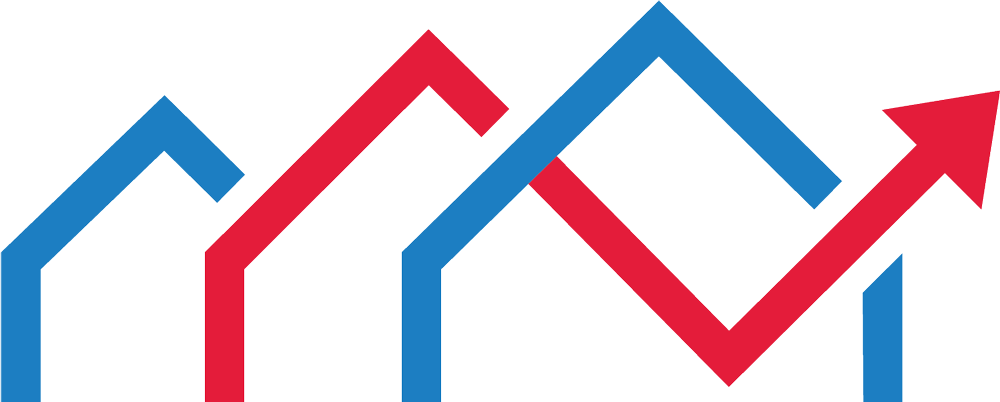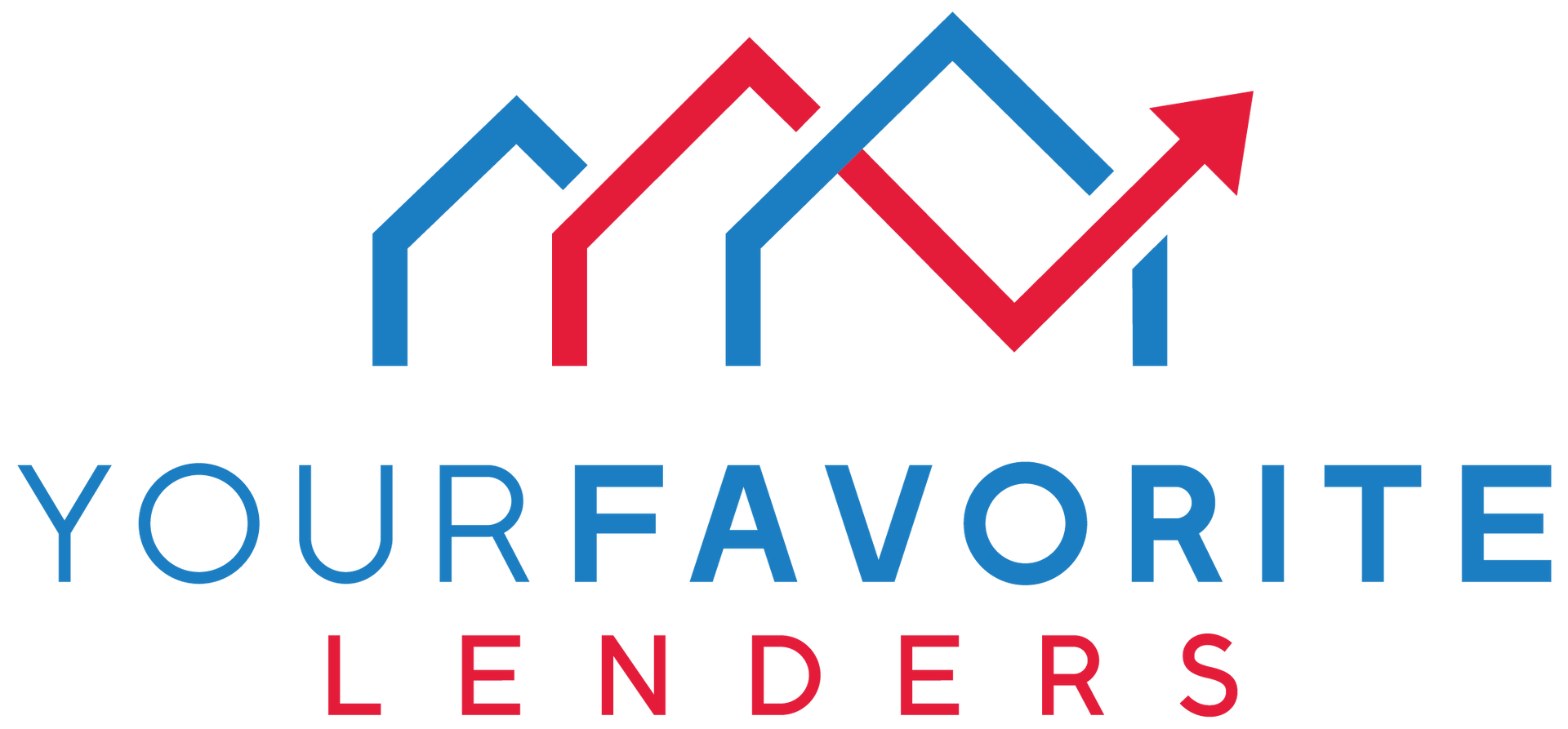
FAQ & Resources
Frequently Asked Questions
How quickly can a home loan be finalized once the seller accepts your offer?
We can typically complete most conventional home purchases in as little as 3-14 days from when you sign the purchase contract to when your loan is funded. Loans like VA and FHA may take a bit longer, usually around 30 days, due to their complexity.
Can my loan pay for my closing cost
We totally can! With this option, you can come to closing without bringing any money. There are no additional costs since your loan-to-value ratio covers all the financed expenses.
Can I lock in my interest rate?
We can lock in your loan rate on the same day as our first discussion. As long as we receive all required documents by the cutoff time and you meet the loan requirements, we can secure your rate. Rates fluctuate similar to the stock market, so the sooner we get your documents, the sooner we can lock in your rate. Additionally, we offer rate locks for up to 90 days.
What's the smallest down payment I can make?
The minimum down payments are:
- 3.5% for FHA loans
- 5.0% for Conventional loans
- 10% for Jumbo loans
These percentages may vary based on factors like loan amount and credit scores. Additionally, your payment might include mortgage insurance based on these percentages.
What's the difference between an interest rate and APR?
The interest rate represents the annual cost of borrowing money and is expressed as a percentage. It doesn't include fees or additional charges associated with the loan. On the other hand, the annual percentage rate (APR) provides a more comprehensive view of borrowing costs. It encompasses the interest rate along with points, mortgage broker fees, prepaid interest, and other expenses related to obtaining the loan. As a result, the APR is typically higher than the interest rate
What does "Points" mean?
 Get Quote
Get QuoteA point represents a percentage of the loan amount, where 1 point equals 1% of the loan. For instance, one point on a $100,000 loan equals $1,000. Points are expenses paid to a lender to secure mortgage financing under specific terms. Discount points are fees aimed at reducing the interest rate on a mortgage loan, while origination points cover the lender's fees or profit. Lenders might also express costs in terms of basis points, which are hundredths of a percent. For example, 100 basis points equals 1 point, or 1% of the loan amount.
Still Have Questions? We've Got Answers!
If you can't find answers above, our dedicated team is ready to provide the clarity and support you seek. Don't hesitate – reach out to us today, and let's navigate the path to your dream home together.
— TIPS & INSIGHTS —
Watch Our Helpful Videoes
Request a Call Back
Request a call back and let our experts discuss how our innovative solutions can elevate your business to new heights.
Request a Call Back
We will get back to you as soon as possible.
Please try again later.
Quick Links
Contact Information
Phone: (714) 340-0200
Address: 5101 E La Palma Ave Ste 206 Anaheim CA 92807
Email: Admin@YourFavoriteLenders.com
Stay Updated
Subscribe to weekly newsletter to get the latest updates.
Privacy Policy:We collect and use personal information only to provide our services and improve user experience. We do not share, sell, or disclose your personal information to third parties, ensuring your data remains confidential and secure.
Newsletter Subscription
Thank you for subscribing.
Please try again later.
All Rights Reserved | Your Favorite Lenders | Powered by Vulcan

